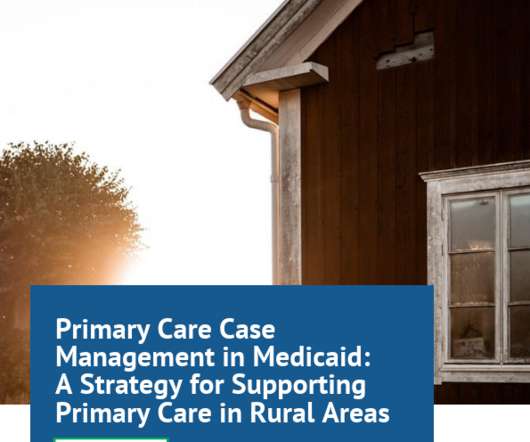The Increasing Need for Ambulatory Care During COVID-19
The Beryl Institute
OCTOBER 19, 2020
it was revealed that consumer engagement in healthcare continues to decline, with consumers reporting fewer visits to primary care providers, hospitals, labs and specialist providers. We have also seen providers deferring elective and preventative visits. Michelle Garrison, CPXP. Vice President, Membership. The Beryl Institute











Let's personalize your content